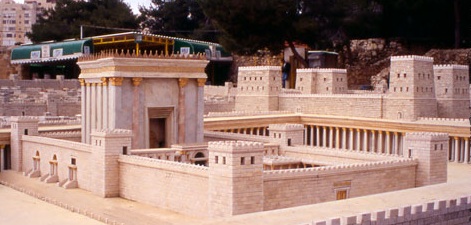 Stephen’s speech is not an evangelistic sermon, and I’m willing to say it contains the gospel but is not gospeling itself, and the reason I say that is that the ending is not a call to repent and believe and be baptized, as is the case with other gospeling sermons. Instead, Stephen’s speech comes off as a trek through the Bible/Israel’s Story to show that Jesus is the Messiah but it turns, rather powerfully, to an indictment of those who oppose the gospel and to warn them of judgment. I quote some of this and then skip to the end..
Stephen’s speech is not an evangelistic sermon, and I’m willing to say it contains the gospel but is not gospeling itself, and the reason I say that is that the ending is not a call to repent and believe and be baptized, as is the case with other gospeling sermons. Instead, Stephen’s speech comes off as a trek through the Bible/Israel’s Story to show that Jesus is the Messiah but it turns, rather powerfully, to an indictment of those who oppose the gospel and to warn them of judgment. I quote some of this and then skip to the end..
7:1 Then the high priest said, “Are these things true?” 7:2 So he replied, “Brothers and fathers, listen to me. The God of glory appeared to our forefather Abraham when he was in Mesopotamia, before he settled in Haran, 7:3 and said to him, ‘Go out from your country and from your relatives, and come to the land I will show you.’ 7:4 Then he went out from the country of the Chaldeans and settled in Haran. After his father died, God made him move to this country where you now live. 7:5 He did not give any of it to him for an inheritance, not even a foot of ground, yet God promised to give it to him as his possession, and to his descendants after him, even though Abraham as yet had no child. 7:6 But God spoke as follows: ‘Your descendants will be foreigners in a foreign country, whose citizens will enslave them and mistreat them for four hundred years. 7:7But I will punish the nation they serve as slaves,’ said God, ‘and after these things they will come out of there and worship me in this place.’ 7:8 Then God gave Abraham the covenant of circumcision, and so he became the father of Isaac and circumcised him when he was eight days old, and Isaac became the father of Jacob, and Jacob of the twelve patriarchs. 7:9 The patriarchs, because they were jealous of Joseph, sold him into Egypt. But God was with him, 7:10 and rescued him from all his troubles, and granted him favor and wisdom in the presence of Pharaoh, king of Egypt, who made him ruler over Egypt and over all his household. 7:11 Then a famine occurred throughout Egypt and Canaan, causing great suffering, and our ancestors could not find food. 7:12 So when Jacob heard that there was grain in Egypt, he sent our ancestors there the first time. 7:13On their second visit Joseph made himself known to his brothers again, and Joseph’s family became known to Pharaoh. 7:14 So Joseph sent a message and invited his father Jacob and all his relatives to come, seventy-five people in all. 7:15 So Jacob went down to Egypt and died there, along with our ancestors, 7:16 and their bones were later moved to Shechem and placed in the tomb that Abraham had bought for a certain sum of money from the sons of Hamor in Shechem.
Then Stephen moves through Moses to the wilderness generation to find two major themes:
.)
7:54 When they heard these things, they became furious and ground their teeth at him. 7:55 But Stephen, full of the Holy Spirit, looked intently toward heaven and saw the glory of God, and Jesus standing at the right hand of God. 7:56 “Look!” he said. “I see the heavens opened, and the Son of Man standing at the right hand of God!” 7:57 But they covered their ears, shouting out with a loud voice, and rushed at him with one intent. 7:58 When they had driven him out of the city, they began to stone him, and the witnesses laid their cloaks at the feet of a young man named Saul. 7:59 They continued to stone Stephen while he prayed, “Lord Jesus, receive my spirit!” 7:60 Then he fell to his knees and cried out with a loud voice, “Lord, do not hold this sin against them!” When he had said this, he died.
